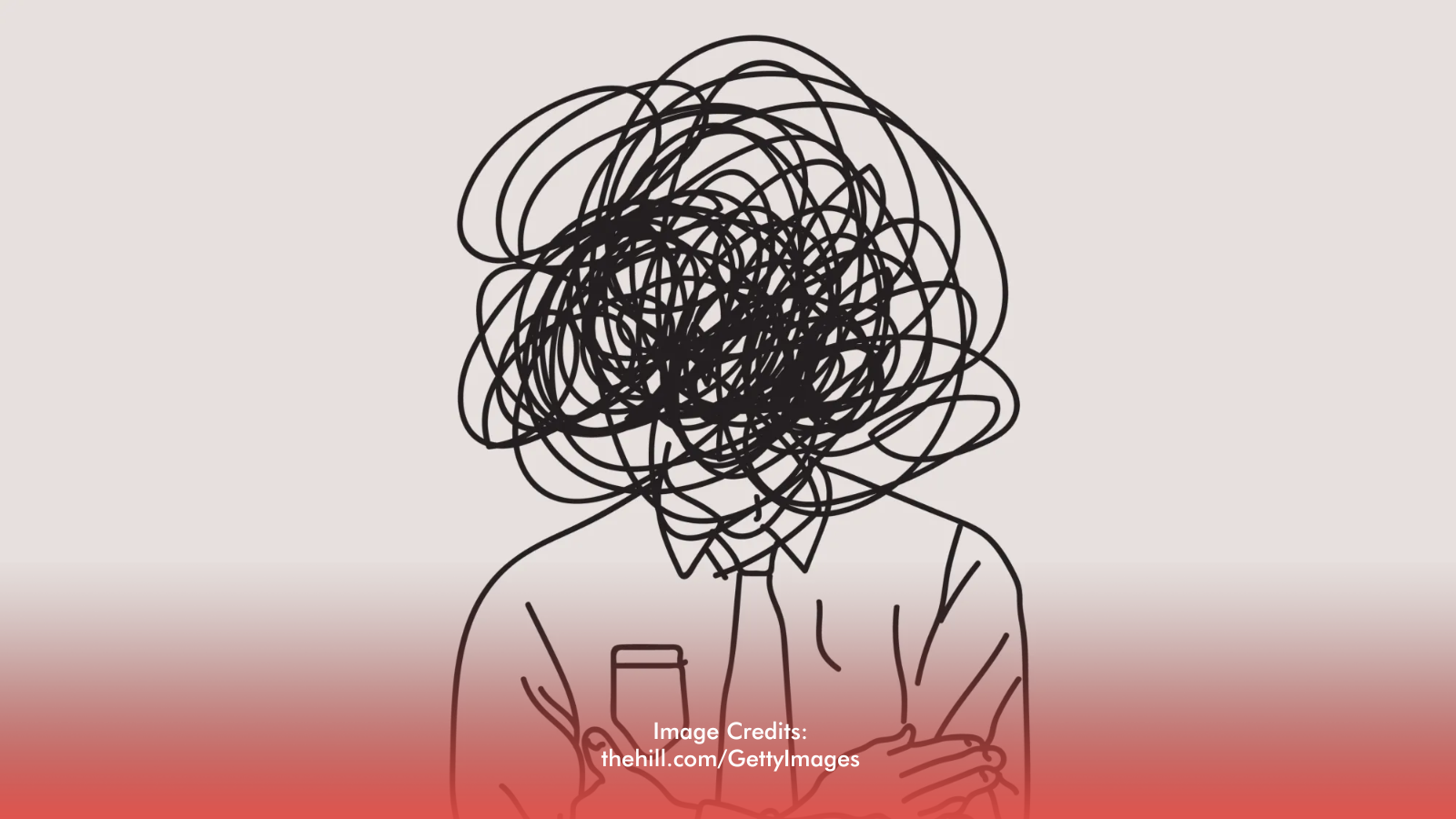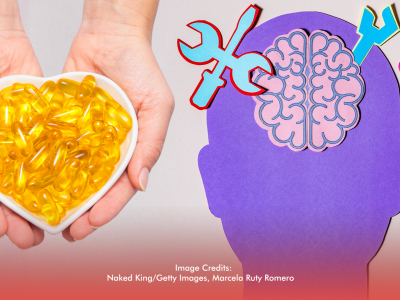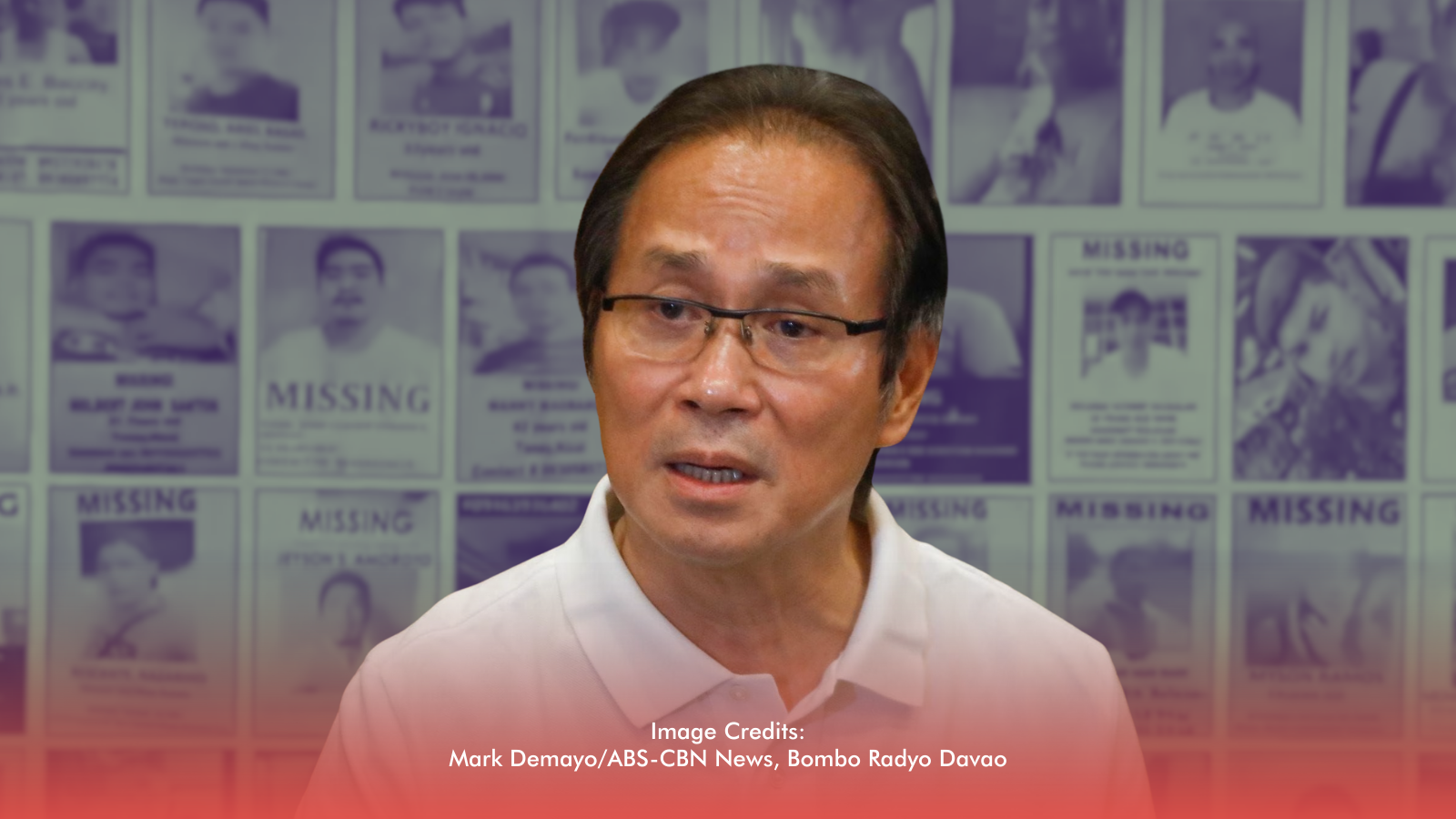A new study reveals that most Britons dramatically underestimate how much severe mental illness (SMI) shortens lives. While the public believes SMI reduces life expectancy by about seven years, research from King’s Health Partners, Maudsley Charity and the Policy Institute at King’s College London shows the gap is actually 15 to 20 years.
Only 11 percent of surveyed adults correctly recognized the scale of this disparity, which researchers warn affects more than half a million people in the UK living with schizophrenia, psychosis, bipolar disorder and related conditions. The groups behind the study describe the situation as a “hidden health crisis” that remains widely misunderstood.
Misconceptions on What Causes Early Death
The survey of 2,000 adults highlights widespread confusion about why people with SMI die younger. Half of respondents incorrectly believe suicide is the main cause of early death, even though it accounts for only around 9 percent of excess mortality.
Far fewer people are aware that cardiovascular and respiratory diseases—common physical illnesses that are largely treatable—are the leading drivers.
Similarly, only a small share of respondents recognized the social patterns linked to SMI. Just 14 percent knew it is more prevalent among Black African and Black Caribbean communities, and fewer than half understood its connection to higher deprivation levels and dense urban environments.
Support for Better Care, but Uncertainty About Solutions
Despite major gaps in understanding, there is strong public support for improving care for people with SMI. Two-thirds (67 percent) of respondents said better health services are crucial to raising life expectancy for this group.
However, the public is split on whether the NHS can deliver such improvements or whether addressing SMI should be a top national priority.
The findings also reflect a larger shift in public perceptions: mental health and cancer are now viewed as the UK’s most pressing health issues, each cited by about 45 percent of those surveyed. While most people believe mental and physical health should be treated equally, only a third think the system currently achieves this.
Professor Matthew Hotopf of King’s Health Partners called the mortality gap “one of the greatest health inequalities of our time,” urging greater attention to the physical health needs of people with severe mental illness.








